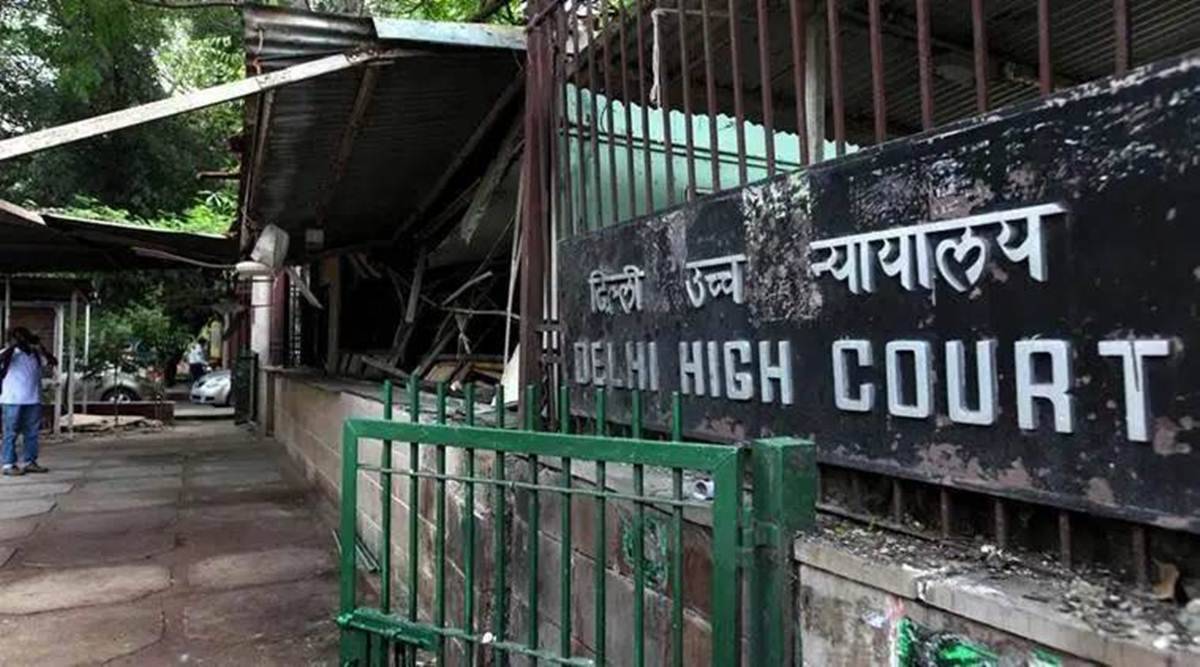 Rebecca John told Delhi HC that despite the exception in law for medical procedures, the consent of woman is important and essential. (File)
Rebecca John told Delhi HC that despite the exception in law for medical procedures, the consent of woman is important and essential. (File) Senior advocate Rebecca John, an amicus curiae in the case seeking criminalisation of marital rape, on Wednesday argued before Delhi High Court that the exception in law was carved out to favour the conjugal rights of the husband and is based on a doctrine which believes a woman on marriage grants an irrevocable sexual consent to her husband.
The submission was made before the division bench of Justice Rajiv Shakdher and Justice C Hari Shankar during the hearing of a petition challenging Exception 2 in IPC Section 375 that protects men, who have forced non-consensual intercourse with their wives, from criminal prosecution under IPC Section 376.
Tracing the origin of the exception in Section 375, John argued that even before Thomas Babington Macaulay, who presided over the first Law Commission, had said that the exception was to protect the conjugal rights of a man, the concept finds its origins in the doctrine of coverture and implied consent.
“And according to this legal doctrine, the legal rights of a woman were subsumed by the husband after marriage. By entering into marriage, a wife was considered to have granted irrevocable sexual consent to her husband,” submitted John.
After John’s submission, Justice Shakdher observed, “She was almost treated under that doctrine as someone who is incapacitated from giving consent. It is like what we have in the Contract Act that certain categories of people cannot give consent. Enunciation by itself seems a little problematic.”
John submitted that it was because a woman was then treated as property or chattel. “The husband was the dominant partner and the wife was the subordinate partner.”
Delving into Section 375 IPC and particularly Exception 1, which states that a medical procedure or intervention shall not constitute rape, John said that a medical practitioner even then is not permitted to do certain acts – like penetration or applying mouth on private part of a woman, which are mentioned in the definition of rape under IPC Section 375.
“So when we look at exceptions drafted in absolute terms, we should not allow an absurdity to prevail,” John said, adding that expressed or implied consent of a patient who is woman is implicit in Exception 1 and her consent may be unavailable and not legally a requirement only when she is unconscious after an accident and it is essential to remove something from her private parts.
“Then we will rely on the general exception in Section 92 of code, read with Section 52 of the IPC — an act done in good faith to save the life of a human being… that is the only time medical procedure or intervention can be done without her implicit or expressed consent,” John submitted, while explaining that despite the exception in law for medical procedures, the consent of woman is important and essential.
John said consent underlies both Exception 1 and Exception 2 in Section 375 IPC. “Because as I said in a normal ordinary marital relationship founded on love, friendship, care, comfort as a socio-economic unit, it is not rape… It will become rape however… minus the second part of the definition [will, consent of woman] would lead to a complete and total absurdity as it would do with respect to Exception 1,” the senior lawyer submitted.
- The Indian Express website has been rated GREEN for its credibility and trustworthiness by Newsguard, a global service that rates news sources for their journalistic standards.

